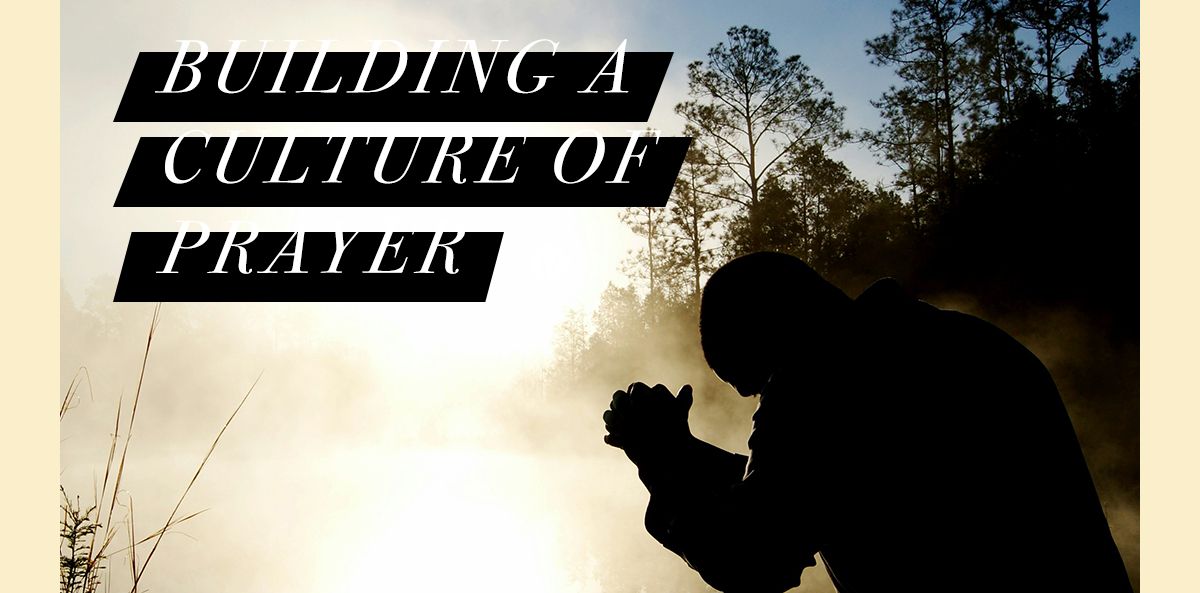Leadership
You Can’t Beat Temptation on Your Own

Pastor, none of us can overcome temptation alone. We need other people to come alongside us and help.
You may have tried battling temptations on your own for a long time. You’ve read all the right books, tried all the new methods, and bought into all the latest fads—but nothing has changed.
The truth is, people don’t really change without accountability. So you’re kidding yourself if you think you can overcome temptation without letting other people hold you accountable.
James 5:16 says, “Admit your sins to each other, and pray for each other so that you will be healed” (GW). God wired us to need each other. We can’t fulfill God’s purposes for our lives—worship, fellowship, discipleship, ministry, and evangelism—by ourselves. In the same way, we can’t beat temptations on our own.
Still, you don’t need to tell the whole world about your temptations. You don’t need to put your vulnerabilities up on a billboard. In fact, I’d advise against both of those options! You just need to be open with one person who will love and accept you unconditionally. When you tell that kind of person your secret sin, they don’t rub it in—they rub it out. You need an accountability partner who’ll listen to you, check up on you, and ask you the hard questions.
When we’re honest with another believer about our temptations, it does three things.
- It frees us. Jesus said, “And you will know the truth, and the truth will set you free” (John 8:32 NLT). When I was pastoring Saddleback, I’d have people come up to me on the patio and say, “I’ve never told anyone this, but I’m going to tell you because you’re my pastor.” Those words filled me with hope! I would know that person was about to experience freedom. The moment you share your secret sin with someone else, it loosens its grip on you. Even before you’ve done anything else about it, you’ll begin to defeat your temptation just by talking about it.
- It empowers us. God gives us the power to change when we humble ourselves and are honest about our temptations. If we can’t talk about the temptation, it’s out of control. No matter who you are or what you do, if you can’t talk about your problem, your problem has control of you. It’s the opposite of what we often think. We think if we don’t tell anyone about our temptations, we can control the problem. But just the opposite is true.
- It endears us to others. Honesty will draw other people closer to you. We think people will like us better if we don’t tell them everything and, instead, pretend we’re perfect. But that doesn’t work at all. We gravitate toward people who are honest and authentic. Honesty about your temptations actually causes people to be closer to you rather than further away. Pastor, think of your own sermons. When you open up about one of your faults in a sermon, people like you more. They realize you’re not some kind of spiritual hotshot. You help them understand you’re just like them in many ways.
Being a follower of Christ—and even being a pastor—doesn’t exempt you from temptation. Every person in your congregation is vulnerable to temptation—including you. In fact, as Christians, we have bull’s-eyes on us. Satan is out to get us. If you ever hear someone say they’re not tempted by anything, you can be sure of one thing: They’re not being honest.
Pastor, get an accountability partner. Your ministry depends upon it. Everyone in your congregation needs someone to share their hurts, habits, and hang-ups. That’s what the church is for.
As believers, we have the same temptations that everyone else in the world has. But there are two very important differences between the world and us:
- We’ve been forgiven.
- We have other believers to help us battle temptations.
You may teach people those truths all the time, but you need to model them by sharing your temptations with someone else. If you can’t share your temptations with others, how can you tell anyone else to do likewise?
Our churches should be safe places where people can find hope for their struggles with temptation. The church isn’t a hotel for saints; it’s a hospital for sinners. We need to model that in our own lives.














